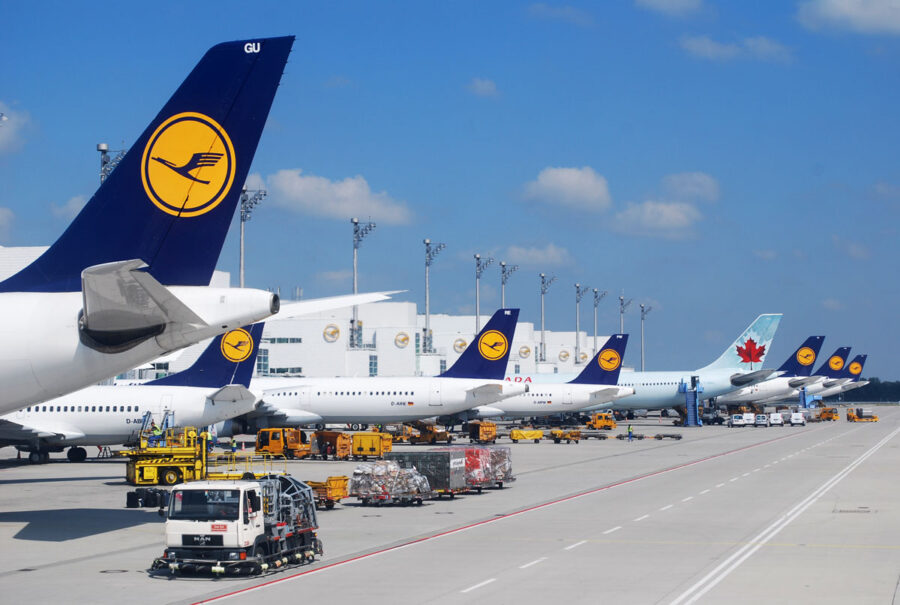Germany Cuts Aviation Taxes to Boost Airline Competitiveness

Germany is rolling out a new cost-cutting package to support its aviation sector, reversing a recent tax hike and taking steps to stabilize rising operational expenses that have strained airlines and airports since the pandemic. The move marks a significant policy shift as the government seeks to restore competitiveness at major hubs such as Frankfurt and Munich—airports that have been losing ground to rival gateways across Europe.
A key element of the package is the reversal of the 2024 increase in Germany’s aviation air-traffic tax, a levy that airlines have long criticized for inflating ticket prices and reducing market competitiveness. By rolling back the tax to previous levels, the government aims to ease financial pressure on carriers and stimulate demand, making Germany a more attractive market for both airlines and passengers.
The plan also includes measures to stabilize airport charges, which have escalated sharply over the past five years. According to the German Aviation Association (BDL), operational costs for Germany-based airlines have surged 100% since 2019, driven by higher energy prices, airport fees, security expenses, and labor costs. These rising charges have contributed to a notable decline in the number of aircraft based in the country, as airlines shift capacity to more cost-efficient markets across Europe.
Frankfurt and Munich—Germany’s two largest hubs—have been particularly affected. Carriers have reduced aircraft rotations, trimmed schedules, and redeployed fleets to neighboring countries where airport charges and taxation are lower. The new support package aims to reverse that trend by helping restore cost parity with competing European airports such as Zurich, Vienna, Amsterdam, and Paris.
Industry groups have praised the government for acknowledging the economic pressure facing the aviation sector, but many argue the measures are only a first step. Airlines are still grappling with high infrastructure costs, supply-chain delays, and staffing shortages, all of which continue to push up operating expenses. The BDL has urged policymakers to introduce more long-term reforms to ensure German aviation remains globally competitive.
The government’s new tax and cost-relief measures come at a crucial time as air travel demand continues to climb. By reducing taxes and stabilizing airport fees, Germany hopes to attract more airline capacity, protect jobs, and strengthen its role as a leading aviation hub. Whether these efforts will reverse the decline in locally based aircraft remains to be seen, but industry leaders view the shift as a necessary step toward restoring the sector’s financial stability.
Sources: AirGuide Business airguide.info, bing.com
